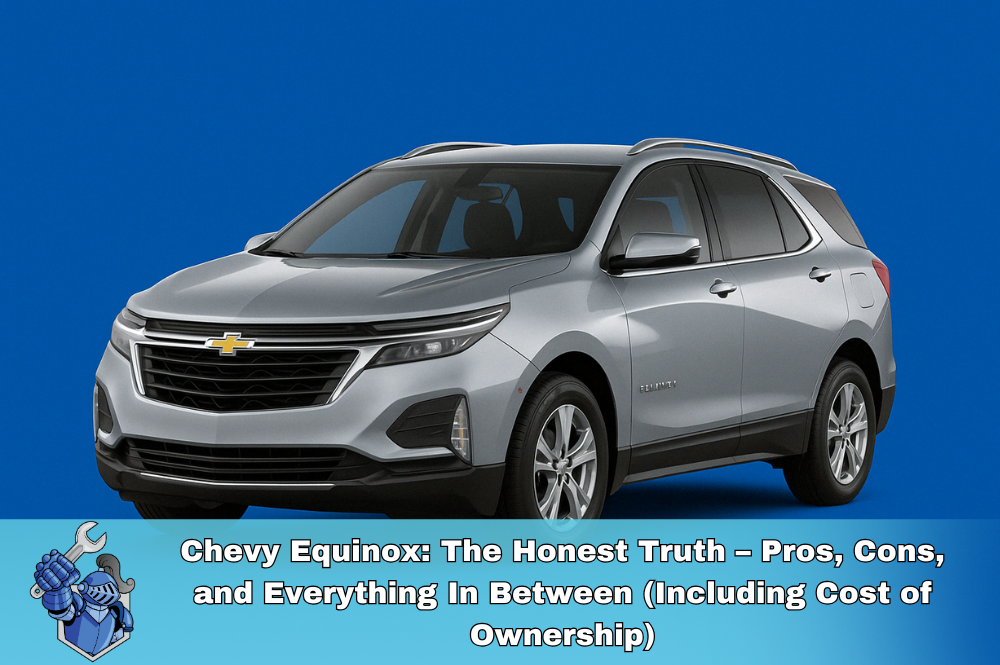It depends on your goals. Use cash to stick to a strict budget and avoid interest or debt. Use credit cards if you want to build your credit history, earn cashback or travel rewards, and benefit from fraud protection. A balanced approach often works best.
In today’s fast-paced financial world, we often swipe without thinking—or sometimes, we hold on tight to paper bills out of habit. Whether you’re paying for groceries, booking a flight, or managing monthly expenses, the decision between cash vs credit impacts your wallet more than you might realize.
Let’s break it down.
This comprehensive guide explores the benefits of cash, the advantages of credit cards, when to use each method, and how to manage both wisely. You'll also discover tips for personal finance, budgeting, and debt management that will help you maximize your financial strategy.
Cash vs Credit: The Ongoing Debate
When it comes to payment methods, most Americans rely on a mix of cash and credit. According to the Federal Reserve’s 2023 Diary of Consumer Payment Choice, cash is still used for 19% of all payments—especially for small transactions—while credit cards make up about 28%.
So, is one better than the other?
Not exactly. Each method has pros and cons, and your choice should reflect your personal finance goals, spending habits, and lifestyle.
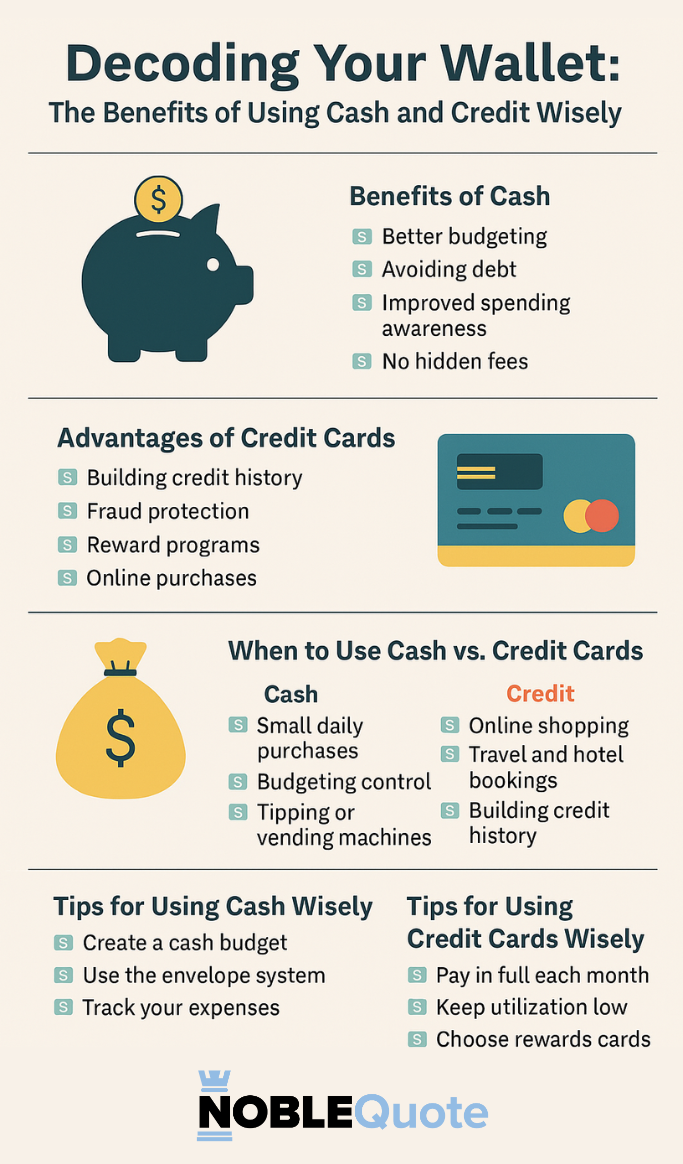
The Benefits of Paying with Cash
Paying with cash may seem old school, but it has several distinct benefits:
✔️ Better Budgeting
Cash forces you to spend within your means. You can’t spend more than you have, which is why many people find success with the cash envelope system.
✔️ Avoiding Debt
One of the major advantages of cash is that you never pay interest rates or late fees.
✔️ Improved Spending Awareness
It hurts a little more to part with physical money. That psychological “pain of paying” can actually help you curb impulse purchases.
✔️ No Hidden Fees
Unlike some credit cards, cash transactions don’t involve processing fees, annual fees, or late payment penalties.
✔️ Privacy
Cash offers anonymity that credit cards don’t—your purchases aren’t tracked digitally.
The Advantages of Using Credit Cards
When used responsibly, credit cards offer unmatched convenience and a range of perks:
✔️ Building Credit History
Using a credit card responsibly is one of the fastest ways to build your credit score. Paying your bill on time and keeping your balance low can lead to better loan rates and approvals.
✔️ Fraud Protection
Credit cards offer far more security than cash. If your card is lost or stolen, you can dispute charges and freeze your account.
✔️ Reward Programs
Many cards offer cashback, travel points, or loyalty rewards. The best rewards credit cards offer up to 5% cashback or more on select purchases.
✔️ Online Purchases
For digital transactions, credit cards are safer and more widely accepted than cash or debit.
✔️ Emergency Coverage
A credit card can be a lifeline in emergencies, especially if you don’t have liquid cash available.
When to Use Cash vs Credit Cards
| Situation | Best Payment Method |
|---|---|
| Small daily purchases | Cash |
| Online shopping | Credit |
| Travel and hotel bookings | Credit |
| Tipping or vending machines | Cash |
| Paying off debt | Cash (budget-based approach) |
| Building credit history | Credit |
| Budgeting control | Cash (envelopes or physical limits) |
How to Use Cash Wisely
- Create a cash budget each week based on essential expenses.
- Use the envelope system for groceries, gas, and entertainment.
- Keep receipts to track your expenses manually.
- Store cash safely and avoid carrying large amounts.
- Use ATMs sparingly to avoid withdrawal fees.

How to Use Credit Cards Wisely
- Pay in full each month to avoid interest charges.
- Keep your utilization below 30% to boost your credit score.
- Use one or two rewards credit cards that align with your lifestyle.
- Track expenses with your credit card’s mobile app.
- Avoid unnecessary fees—watch for annual fees, late fees, and foreign transaction fees.
Security: Cash vs Credit Cards
🔒 Cash Risks:
- Can be lost or stolen with no recovery.
- No fraud protection or tracking.
- Not suitable for online transactions.
🔐 Credit Card Security:
- Offers zero liability fraud protection (Visa, Mastercard, AmEx).
- Ability to lock card if lost/stolen.
- Real-time fraud alerts via apps.
- Safer for travel and online payments.
Fees, Interest Rates, and Hidden Costs
- The average credit card APR is currently around 20.68%, according to LendingTree.
- Late payment fees can range from $25–$40.
- Some cards charge annual fees, though many do not.
- Cash, while fee-free, doesn’t earn interest or rewards.
Make sure you understand the terms and conditions of any card you use.
Building Credit with Credit Cards
Building a strong credit history is essential for:
- Getting approved for mortgages or car loans.
- Lowering your insurance premiums.
- Securing a rental apartment.
To build credit:
- Get a secured credit card if you’re just starting.
- Keep old accounts open to lengthen your credit history.
- Always pay on time.
Final Thoughts: Striking the Balance
There’s no single answer to the cash vs credit debate. The best strategy is to use both intentionally and strategically. Use cash to avoid overspending and stay grounded. Use credit to build your financial future and earn rewards.
Mastering money management means understanding the advantages and disadvantages of each payment method, and using them in ways that work for your goals.
And whether you're managing a budget, prepping for a big purchase, or simply looking to level up your financial literacy, Noble Quote has your back—offering premium protection for your car and truck, and now, valuable content for every corner of your wallet.
Visit Our Learning Center
Want more expert advice on personal finance, budgeting, car warranties, insurance, and more?
👉 Explore the Noble Quote Learning Center for insights, tips, and guides that help you stay smart with your money.
Frequently Asked Questions: Cash or Credit? How to Choose the Best Payment Method for Your Wallet
Is it better to use cash or credit for everyday purchases?
What are the biggest advantages of using a credit card over cash?
Credit cards offer several key advantages:
- Build your credit score with responsible use
- Earn rewards like cashback or travel points
- Protection against fraud or theft
- Easier tracking of expenses
- Useful for emergencies or online shopping
What are the risks of using too much credit?
Overusing credit can lead to high-interest debt, lower credit scores from high utilization, missed payments, and long-term financial strain. To avoid these risks, pay off your full balance monthly and avoid carrying high balances.
Are there any benefits to paying with cash instead of a card? Answer:
Yes, cash helps you control spending, stay within budget, and avoid interest or fees. It’s also anonymous—great for those who value privacy or want to avoid digital tracking. Plus, paying with physical money can reduce impulse purchases.
How can I use credit cards wisely without getting into debt?
- Pay in full every month to avoid interest.
- Keep your credit utilization below 30%.
- Use credit only for planned purchases.
- Set payment reminders to avoid late fees.
- Choose cards with no annual fees and useful rewards.
When should I use cash instead of a credit card?
Use cash for:
- Small, everyday purchases
- Budgeting with physical limits
- Tipping, parking, or local vendors
- Avoiding overspending or fees
- When you want to avoid digital tracking of purchases
How does using a credit card help build my credit score?
Credit cards impact your score through on-time payments, credit utilization, and length of credit history. Keeping your balance low and paying your bill each month shows lenders that you’re responsible with credit, helping improve your FICO or VantageScore.
What is the best way to track expenses with a credit card?
Use your card’s mobile app or monthly statement to categorize spending. Many cards offer built-in spending trackers, alerts, and budgeting tools to help you stay on top of your finances. Some apps like Mint or YNAB sync with your credit cards for full tracking.
Is it safer to carry cash or use a credit card? Answer:
Credit cards are generally safer. If lost or stolen, you can report the card, and you’re typically not responsible for fraudulent charges. Cash, once gone, can’t be recovered. For travel or online shopping, credit cards are the more secure choice.
Should I use credit cards for all my purchases to get rewards?
Yes, but only if you’re paying your balance in full each month. Rewards credit cards can offer great value through cashback, travel points, or store discounts—but only if you're not incurring interest or fees that cancel out the perks.
Suggestions for you
Read MoreLet’s work together
Every week we showcase three charitable organizations that our donations are sent to. Our clients are able to choose which of these three will receive their gift when they add coverage to their vehicle...


 Kia Telluride Review: Unpacking the Features and the Real Cost to Own
Kia Telluride Review: Unpacking the Features and the Real Cost to Own NobleQuote: Best Auto Protection, Not Just the Oldest
NobleQuote: Best Auto Protection, Not Just the Oldest What is a Home Warranty and Do You Need One?
What is a Home Warranty and Do You Need One? Recession-Proof Your Ride: Why an Extended Car Warranty Makes Sense Now
Recession-Proof Your Ride: Why an Extended Car Warranty Makes Sense Now RV Road Trip Ready: Secure Your Adventures with Extended Warranty Coverage
RV Road Trip Ready: Secure Your Adventures with Extended Warranty Coverage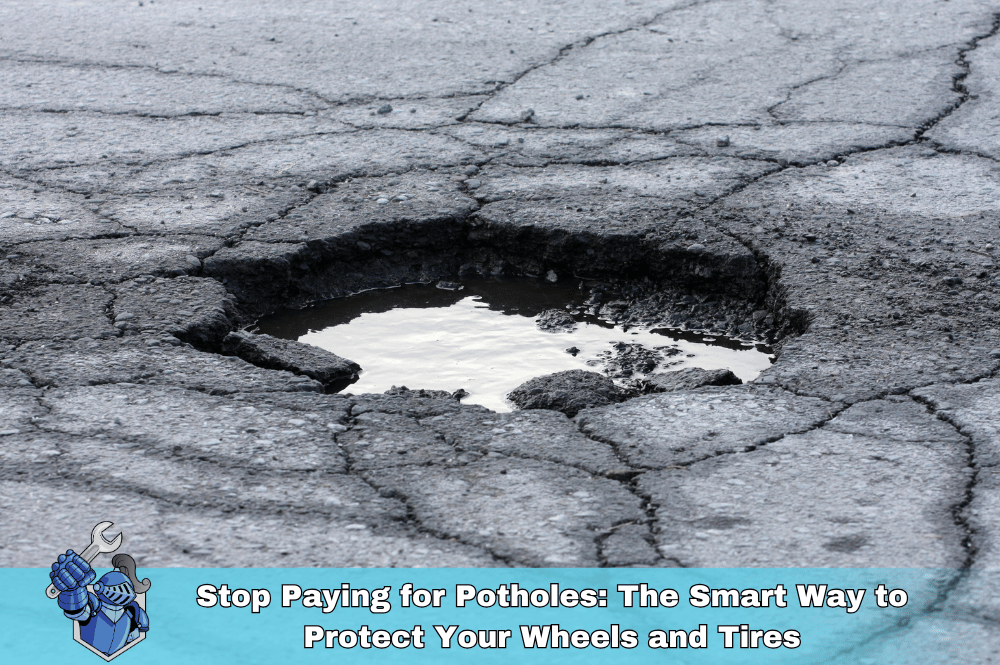 Stop Paying for Potholes: The Smart Way to Protect Your Wheels and Tires
Stop Paying for Potholes: The Smart Way to Protect Your Wheels and Tires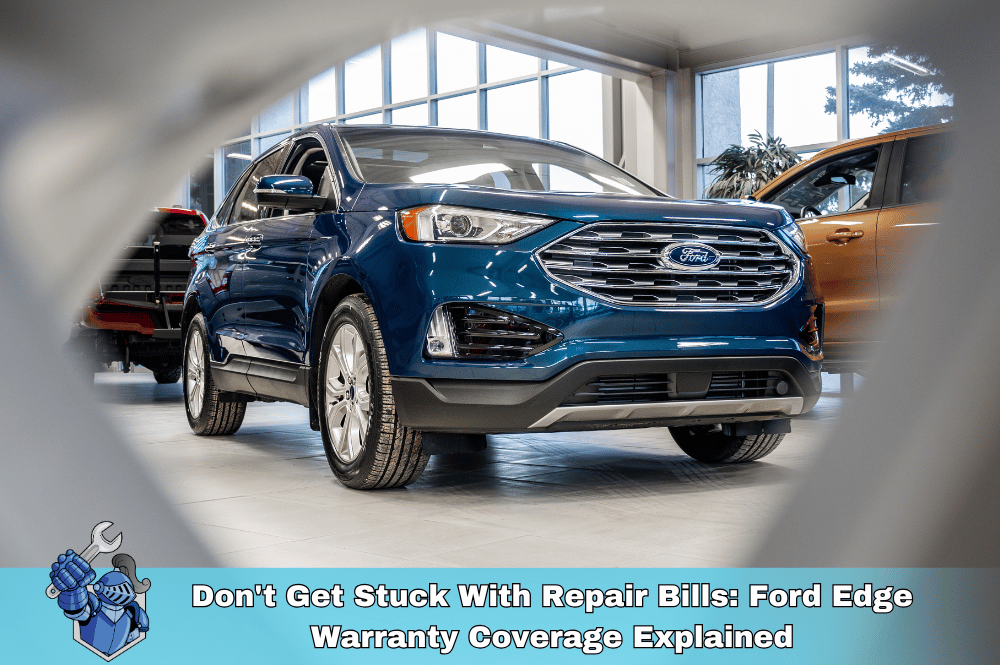 Don’t Get Stuck With Repair Bills: Ford Edge Warranty Coverage Explained
Don’t Get Stuck With Repair Bills: Ford Edge Warranty Coverage Explained Navigating the Online Vehicle Marketplace: Your Comprehensive Guide to Finding the Perfect Car or Truck
Navigating the Online Vehicle Marketplace: Your Comprehensive Guide to Finding the Perfect Car or Truck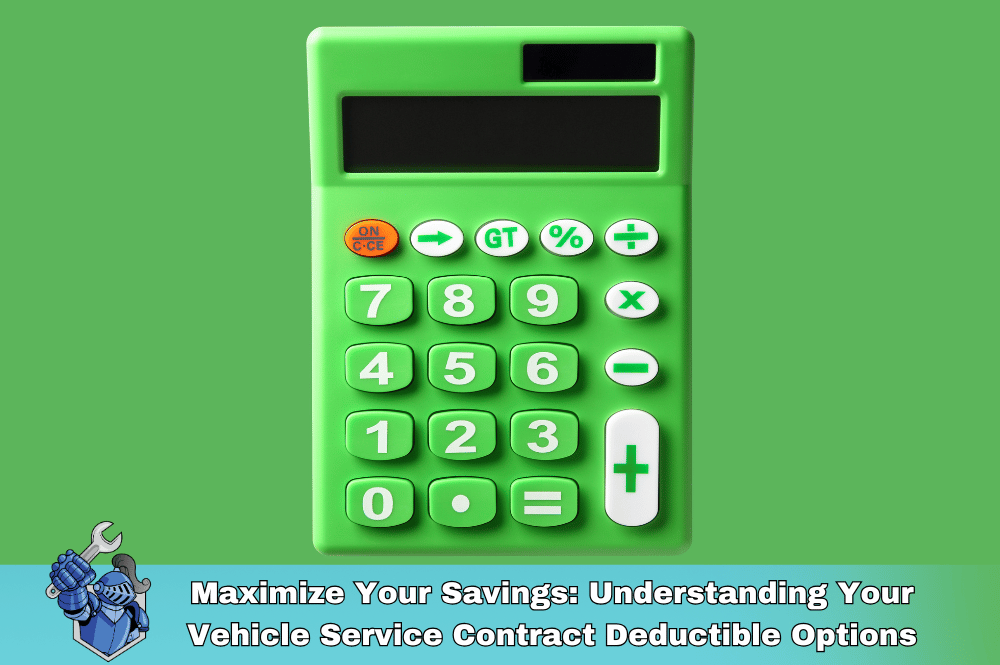 Maximize Your Savings: Understanding Your Vehicle Service Contract Deductible Options
Maximize Your Savings: Understanding Your Vehicle Service Contract Deductible Options Vehicle Service Contracts for SUVs and Trucks: Protecting Your Investment
Vehicle Service Contracts for SUVs and Trucks: Protecting Your Investment What to Do If Your Vehicle Service Contract Claim Is Denied
What to Do If Your Vehicle Service Contract Claim Is Denied What Happens to My Vehicle Service Contract If I Sell My Car?
What Happens to My Vehicle Service Contract If I Sell My Car? Extended Car Warranty with Active Factory Coverage: Smart Move or Waste of Money?
Extended Car Warranty with Active Factory Coverage: Smart Move or Waste of Money?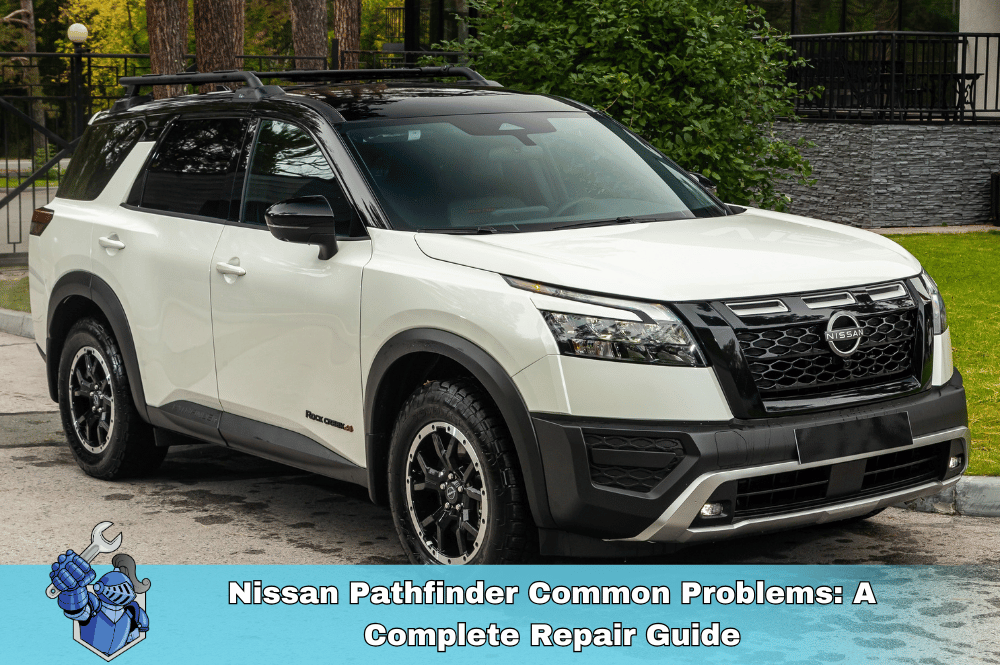 Nissan Pathfinder Common Problems: A Complete Repair Guide
Nissan Pathfinder Common Problems: A Complete Repair Guide Keeping vs. Selling: Weighing Your Car Options & the Value of an Extended Car Warranty
Keeping vs. Selling: Weighing Your Car Options & the Value of an Extended Car Warranty DIY Oil Change: Do It Better Than the Pros (and Save Money!)
DIY Oil Change: Do It Better Than the Pros (and Save Money!) Rivian R1S Review: Is This the Ultimate Electric Adventure SUV? (2025)
Rivian R1S Review: Is This the Ultimate Electric Adventure SUV? (2025)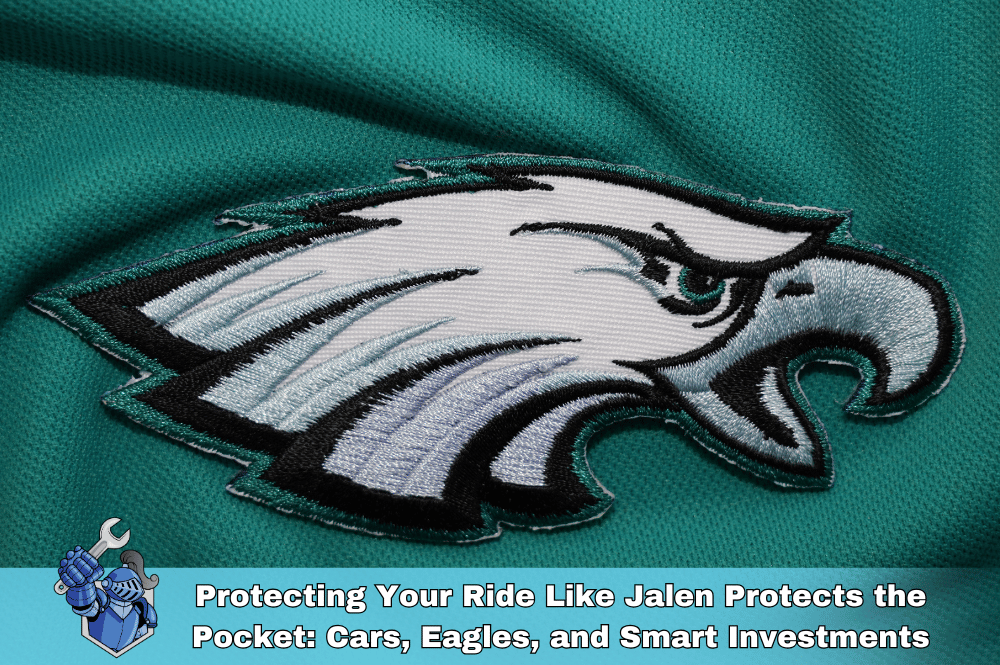 Protecting Your Ride Like Jalen Protects the Pocket: Cars, Eagles, and Smart Investments
Protecting Your Ride Like Jalen Protects the Pocket: Cars, Eagles, and Smart Investments Beyond Coverage: How Extended Warranties Can Expedite Your Car Repairs Amid Supply Chain Challenges
Beyond Coverage: How Extended Warranties Can Expedite Your Car Repairs Amid Supply Chain Challenges The Truck Owner’s Peace of Mind: Why Noble Quote Leads the Pack in Truck Repair Protection
The Truck Owner’s Peace of Mind: Why Noble Quote Leads the Pack in Truck Repair Protection Noble Quote: Driving with Confidence, Protected from Unexpected Repairs
Noble Quote: Driving with Confidence, Protected from Unexpected Repairs Ferrari vs. Lamborghini: A History of Innovation and Rivalry
Ferrari vs. Lamborghini: A History of Innovation and Rivalry Porsche GT3: Beyond the Numbers – The Soul-Stirring GT3 Experience
Porsche GT3: Beyond the Numbers – The Soul-Stirring GT3 Experience Kansas City Chiefs Players: You Won’t Believe What They’re Driving!
Kansas City Chiefs Players: You Won’t Believe What They’re Driving! Dodge TRX: King of the Off-Road
Dodge TRX: King of the Off-Road Ford Raptor Extended Warranty Guide: Conquer the Road with Confidence
Ford Raptor Extended Warranty Guide: Conquer the Road with Confidence Subaru Extended Warranty: Your Ultimate Guide
Subaru Extended Warranty: Your Ultimate Guide Protect Your Car & the Planet: Introducing NobleQuote's Green Choice Program
Protect Your Car & the Planet: Introducing NobleQuote's Green Choice Program Mazda Extended Warranty: Your Comprehensive Guide
Mazda Extended Warranty: Your Comprehensive Guide Chevy Malibu Ownership: Staying Ahead of the Repair Curve
Chevy Malibu Ownership: Staying Ahead of the Repair Curve Supercar Dreams on a Budget: The Most Affordable Exotics for First-Time Buyers
Supercar Dreams on a Budget: The Most Affordable Exotics for First-Time Buyers The Most Common Car Breakdowns of 2025 (And How to Avoid Them)
The Most Common Car Breakdowns of 2025 (And How to Avoid Them) Porsche Cayenne Engine Problems: What to Watch For
Porsche Cayenne Engine Problems: What to Watch For The Future of Racing: Electric Cars, Autonomous Vehicles, and Beyond
The Future of Racing: Electric Cars, Autonomous Vehicles, and Beyond We've Moved! Noble Quote's New Home at the Lake of the Ozarks
We've Moved! Noble Quote's New Home at the Lake of the Ozarks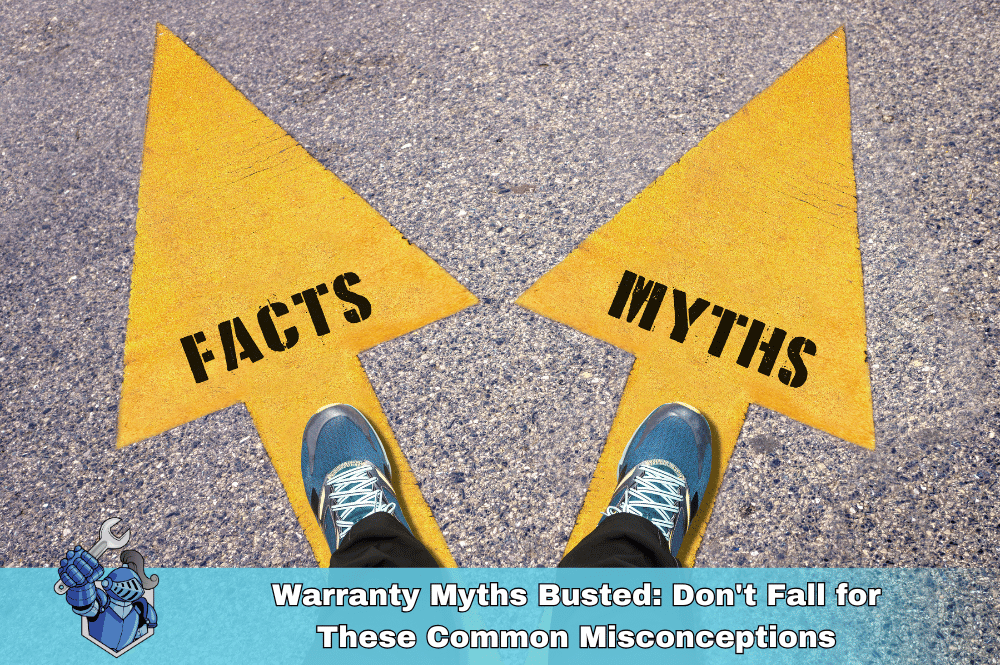 Warranty Myths Busted: Don't Fall for These Common Misconceptions
Warranty Myths Busted: Don't Fall for These Common Misconceptions The "New Car Smell" Doesn't Last Forever: Protecting Your Investment Long-Term
The "New Car Smell" Doesn't Last Forever: Protecting Your Investment Long-Term Forza: The Perfect Blend of Simulation and Arcade Fun
Forza: The Perfect Blend of Simulation and Arcade Fun If NASCAR Had Car Warranties: The Pit Stop Chaos You’d See
If NASCAR Had Car Warranties: The Pit Stop Chaos You’d See 5 Car Problems That’ll Make You Wish You Had an Extended Warranty
5 Car Problems That’ll Make You Wish You Had an Extended Warranty Beyond F1: Exploring the World's Most Extreme Racing Series
Beyond F1: Exploring the World's Most Extreme Racing Series The Greatest NASCAR Rivalries of All Time: On-Track Battles and Off-Track Drama
The Greatest NASCAR Rivalries of All Time: On-Track Battles and Off-Track Drama Chevy Suburban Repair Guide: Common Problems
Chevy Suburban Repair Guide: Common Problems Cupid's Got Horsepower: Rev Up Your Valentine's Day!
Cupid's Got Horsepower: Rev Up Your Valentine's Day! 10 Things You Didn't Know About James Bond’s Aston Martin DB5
10 Things You Didn't Know About James Bond’s Aston Martin DB5 Knight Rider vs. Back to the Future: A Battle of the 80s Icons
Knight Rider vs. Back to the Future: A Battle of the 80s Icons Cadillac Escalade: Mastering the Maintenance
Cadillac Escalade: Mastering the Maintenance Noble Quote vs. Omega Auto Care: Which Auto Warranty Is Right for You?
Noble Quote vs. Omega Auto Care: Which Auto Warranty Is Right for You? Charging Your Peace of Mind: Using a Credit Card to Buy a Car Warranty
Charging Your Peace of Mind: Using a Credit Card to Buy a Car Warranty Best Extended Warranty for Your Ford: Noble Quote or Ford Protect?
Best Extended Warranty for Your Ford: Noble Quote or Ford Protect?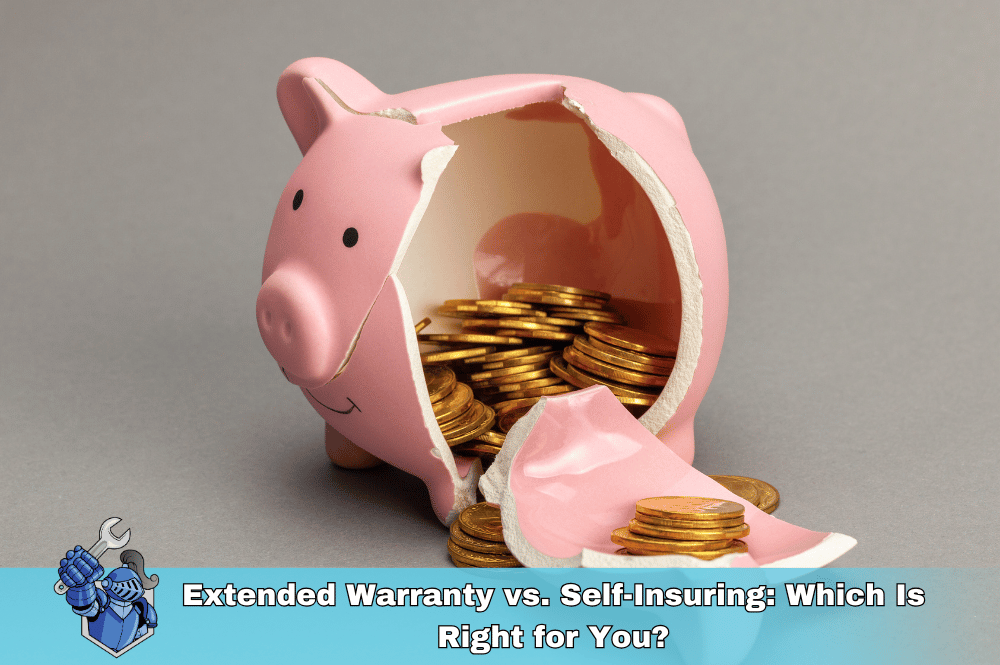 Extended Warranty vs. Self-Insuring: Which Is Right for You?
Extended Warranty vs. Self-Insuring: Which Is Right for You? Don’t Buy a Honda Warranty Before Reading This! Noble Quote vs. HondaCare
Don’t Buy a Honda Warranty Before Reading This! Noble Quote vs. HondaCare Mercedes-Benz G-Class Review: On and Off-Road Performance, Features, and Price
Mercedes-Benz G-Class Review: On and Off-Road Performance, Features, and Price Avoid Costly Repairs: Noble Quote vs. Ox Car Care Warranties
Avoid Costly Repairs: Noble Quote vs. Ox Car Care Warranties Affordable Protection: Noble Quote vs. Autopom Warranty Pricing
Affordable Protection: Noble Quote vs. Autopom Warranty Pricing CarMax MaxCare vs. Noble Quote: Extended Warranty Showdown
CarMax MaxCare vs. Noble Quote: Extended Warranty Showdown Top 5 Most Expensive Car Repairs Your Manufacturer Warranty WON'T Cover
Top 5 Most Expensive Car Repairs Your Manufacturer Warranty WON'T Cover From Referrals to Reviews: Finding the Perfect Repair Shop for You
From Referrals to Reviews: Finding the Perfect Repair Shop for You Speaking Car: How to Clearly Communicate with Your Mechanic
Speaking Car: How to Clearly Communicate with Your Mechanic Selling Your Soul for an Extended Car Warranty (And Why They Keep Calling)
Selling Your Soul for an Extended Car Warranty (And Why They Keep Calling) Level Up Your EV Charging Knowledge: A Guide to Charger Types
Level Up Your EV Charging Knowledge: A Guide to Charger Types Why Is My Car Heater Blowing Cold Air?
Why Is My Car Heater Blowing Cold Air? Bumper to Bumper Extended Warranty: What Does it Really Mean?
Bumper to Bumper Extended Warranty: What Does it Really Mean? Boost Your EV's Range: Tips and Tricks for Maximum Mileage
Boost Your EV's Range: Tips and Tricks for Maximum Mileage Is Cruise Control REALLY Saving You Fuel? The Truth Revealed
Is Cruise Control REALLY Saving You Fuel? The Truth Revealed What to Do When the Dealership Makes Warranty Cancellation a Hassle
What to Do When the Dealership Makes Warranty Cancellation a Hassle Why Can’t I Include My Warranty in My Car Financing? Answers to Your Top Questions
Why Can’t I Include My Warranty in My Car Financing? Answers to Your Top Questions Car Safety Technology: How Advanced Driver-Assistance Systems (ADAS) Are Changing the Game (and Your Insurance Rates)
Car Safety Technology: How Advanced Driver-Assistance Systems (ADAS) Are Changing the Game (and Your Insurance Rates) Skip the Dealership: The Rise of Online Car Buying
Skip the Dealership: The Rise of Online Car Buying Tesla Cybertruck: Overpriced or Over-the-Top Awesome?
Tesla Cybertruck: Overpriced or Over-the-Top Awesome? Selling Your Car in 2025? Don’t Make These Mistakes!
Selling Your Car in 2025? Don’t Make These Mistakes! Maximize Your Tesla Warranty: Smart Strategies for Extended Coverage
Maximize Your Tesla Warranty: Smart Strategies for Extended Coverage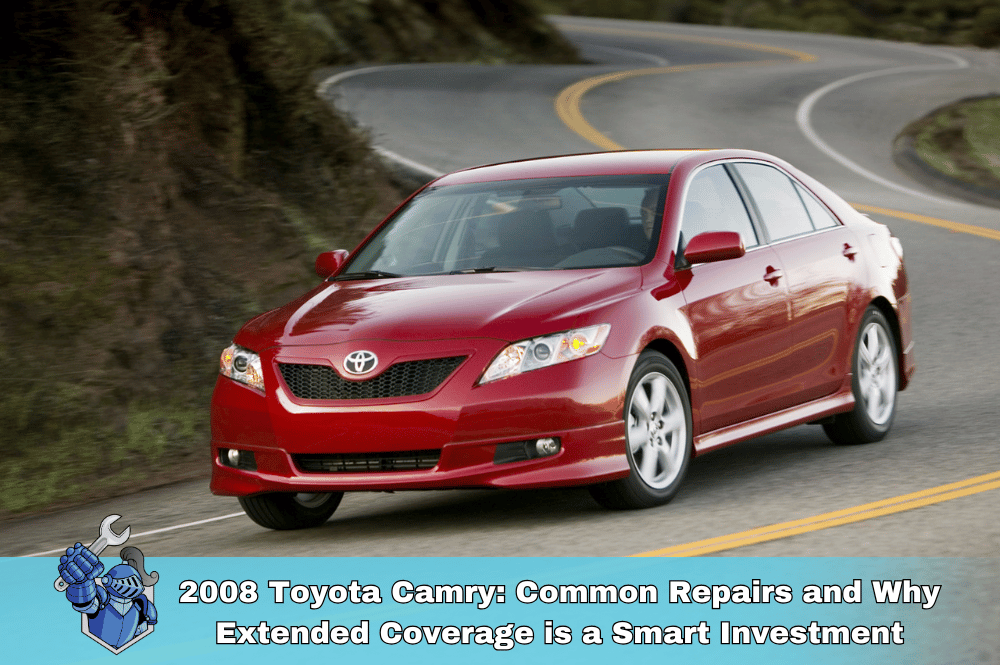 2008 Toyota Camry: Common Repairs and Why Extended Coverage is a Smart Investment
2008 Toyota Camry: Common Repairs and Why Extended Coverage is a Smart Investment 2015 Ford Explorer: Avoid Costly Repairs with the Right Extended Warranty
2015 Ford Explorer: Avoid Costly Repairs with the Right Extended Warranty Electric Vehicles 101: What You Need to Know Before Making the Switch
Electric Vehicles 101: What You Need to Know Before Making the Switch 2016 Jeep Wrangler Extended Warranty: Coverage & Options
2016 Jeep Wrangler Extended Warranty: Coverage & Options Save on Car Repairs: NobleQuote vs. Toco Extended Warranty Review
Save on Car Repairs: NobleQuote vs. Toco Extended Warranty Review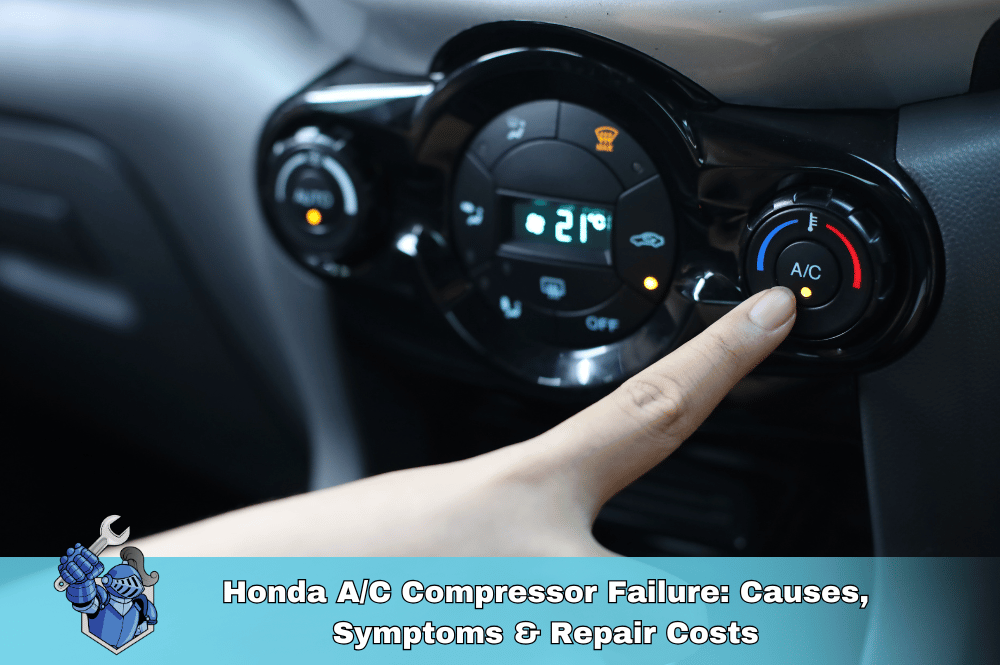 Honda A/C Compressor Failure: Causes, Symptoms & Repair Costs
Honda A/C Compressor Failure: Causes, Symptoms & Repair Costs 2015 Nissan Altima Warranty Expired? Get Extended Coverage Today!
2015 Nissan Altima Warranty Expired? Get Extended Coverage Today! Ford Power Steering Repair: Problems & Solutions
Ford Power Steering Repair: Problems & Solutions Car Scratches Driving You Crazy? 10 Steps to Fix Them Yourself
Car Scratches Driving You Crazy? 10 Steps to Fix Them Yourself Why Your Headlights Are Turning Yellow (And How to Prevent It)
Why Your Headlights Are Turning Yellow (And How to Prevent It) That Annoying Hemi Tick: Why It Happens & How to Stop It
That Annoying Hemi Tick: Why It Happens & How to Stop It Ford F-150: This Ain't Your Grandpa's Pickup!
Ford F-150: This Ain't Your Grandpa's Pickup! Zombie Apocalypse Survival Tip #1: Get an Extended Warranty (Brains Not Included)
Zombie Apocalypse Survival Tip #1: Get an Extended Warranty (Brains Not Included) 'Tis the Season to Be Jolly... and Protected: Why an Extended Warranty is the Gift That Keeps on Giving
'Tis the Season to Be Jolly... and Protected: Why an Extended Warranty is the Gift That Keeps on Giving The Car Repair Lottery: Are You Feeling Lucky?
The Car Repair Lottery: Are You Feeling Lucky? Extended Warranty Secrets: Unlocking Surprising Perks You Didn’t Know Existed!
Extended Warranty Secrets: Unlocking Surprising Perks You Didn’t Know Existed! Car Trouble? Your Insurance Might NOT Cover This!
Car Trouble? Your Insurance Might NOT Cover This! Is Your Car a Ticking Time Bomb? The Unexpected Costs of Car Ownership
Is Your Car a Ticking Time Bomb? The Unexpected Costs of Car Ownership Nissan Frontier: Conquer Any Terrain in Style and Comfort
Nissan Frontier: Conquer Any Terrain in Style and Comfort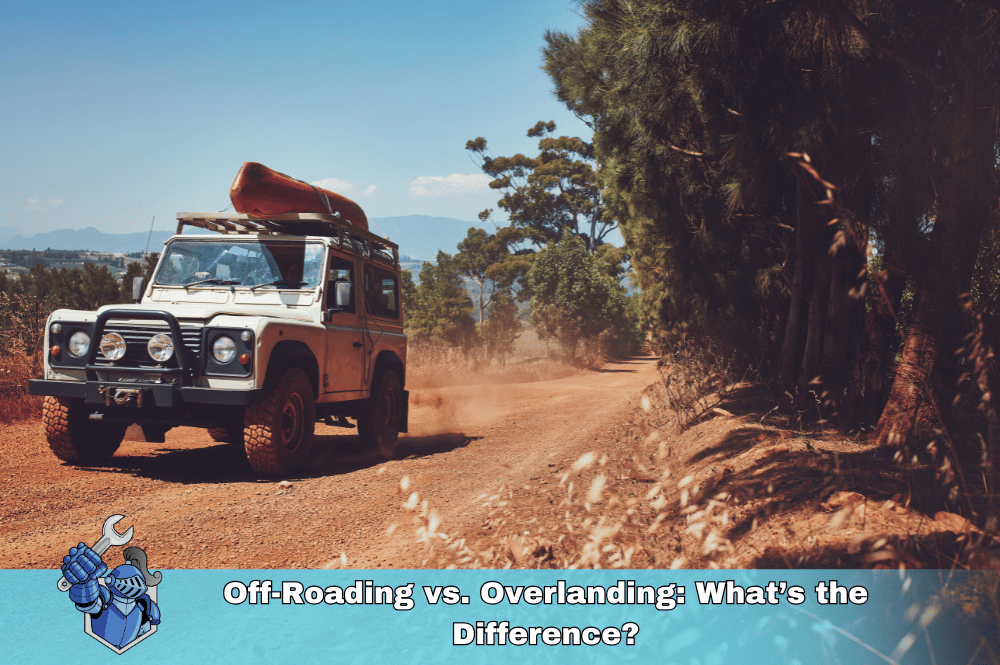 Off-Roading vs. Overlanding: What’s the Difference?
Off-Roading vs. Overlanding: What’s the Difference? Should You Buy a Truck? The Ultimate Pros and Cons List
Should You Buy a Truck? The Ultimate Pros and Cons List 7 Reasons Why the Chevrolet Chevelle Was More Than Just a Pretty Face
7 Reasons Why the Chevrolet Chevelle Was More Than Just a Pretty Face Ford Bronco: A Legend Reborn – Explore its Wild History & Modern Muscle
Ford Bronco: A Legend Reborn – Explore its Wild History & Modern Muscle Shifting Gears: A Deep Dive into Extended Warranties for Automatic and Manual Transmissions
Shifting Gears: A Deep Dive into Extended Warranties for Automatic and Manual Transmissions Hope for the Warriors: Standing Strong for Our Veterans and Military Families
Hope for the Warriors: Standing Strong for Our Veterans and Military Families Looking for the Perfect Gift for a Car Enthusiast? Try These 10 Puzzles
Looking for the Perfect Gift for a Car Enthusiast? Try These 10 Puzzles
